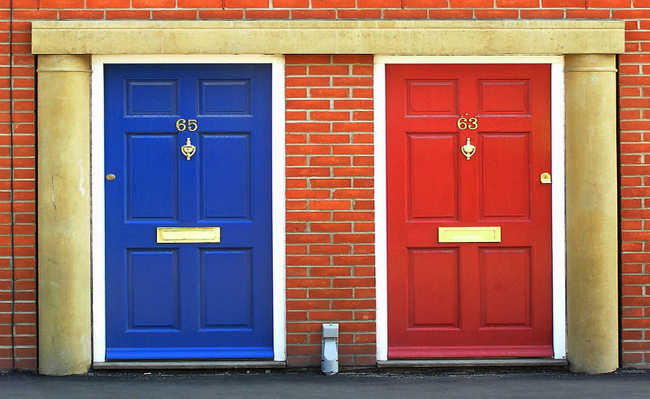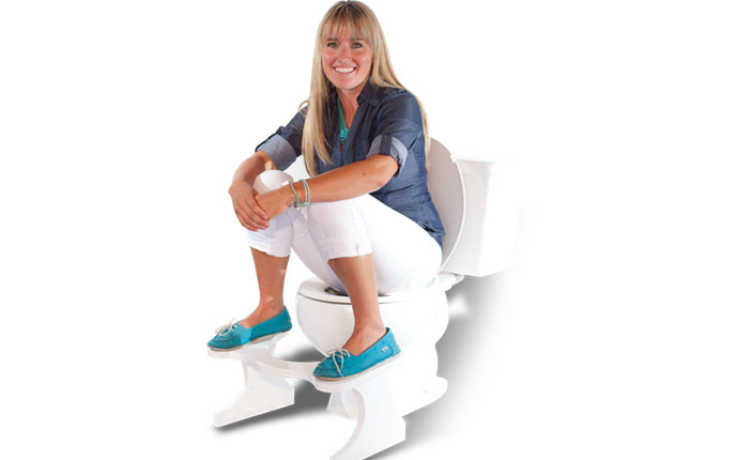Free Rider Apps: There Are Many Advantages, But What Care To Take?
Applications are efficient, even in environmental terms, but you must always be aware

You've probably seen or heard taxi advertisements where the word "ride" was involved, as if the taxi was the best way to do it. But they don't convey the real idea of hitchhiking, do they? Hitchhiking is a helping hand and often a taxi ride can mean significant damage to your pocket, depending on the situation.
For the environment, this perspective of hitchhiking can have a big difference, as two people riding in the same car and following the same direction means one less car circulating, which causes less carbon emissions.
According to the Grist website, in international terms, there are several taxi companies that are developing apps that actually create “shared tours”, in settings for different types of occasions. The apps are intended to help find or share "rides" in taxis to work, bar (where bus service is incompatible or unavailable) or on the way home.
Some people feel uncomfortable sharing the same car with strangers and prefer to go alone in the taxi; however, the companies mentioned come at a relatively high price. Even for those sharing the same route, the price is still unfriendly.
No taxi: the real ride
To find guys that have common paths (and that aren't taxis) and to get a fairer price, new apps are emerging. In Brazil, there are already some very interesting apps in which it is possible to find people close by with common paths. the companies Uber and Lyft , launched, in the cities of New York, Los Angeles and San Francisco (all in the US), services called UberPoll and Lyft Line just to find someone interested in sharing the car and the bill.
The biggest challenge to face is that, for some users, offering a lift to a stranger can sound unpleasant. In contrast, some people like the idea of meeting other individuals through the technological experience of passengers. For example, since Lyft Line made it possible for users to be able to see each other's photo which, for some, the app has started to be used as a meeting point and for others, these advances are unwanted. In the same line of concerns, there is also the fear regarding sexual harassment or possible aggression.
One of the American apps, CrabCorner , to try to avoid problems, adopted plausible measures, such as organizing groups through common affinities. They launched a specific website for Northwestern University in the United States in February 2013, which facilitated about 40 free rides in the semester.
HOVee , based on the same line of affinity groups, also released a private app for a certain location in January. As was to be expected, the same problems that arose were related to the concern of compatible times and how would be the conversation between strangers or even if there would be any conversation. That's when they had the excellent idea to focus not only on hours, but also on the profession. Thus, the company's focus is to seek approximation regarding professional interests, facilitating the expulsion of embarrassment and inducing opportunities.
Another type of company is working in the middle between cheap bus routes and expensive taxis. The idea is to be able to develop a "minibus" service called Dynamic Social Shuttle. The ideal is to be able to leave people within a five-minute walk of the final destination. What is desired for the end result is a transport that is faster than the bus and also cheaper than certain taxi companies, for example. The experiment will first launch in London. But it is worth remembering that the cheapest and quickest transport (concerning not so long distances and for paths that are not dangerous) is still the bicycle.
The idea of the apps is to provide solutions for our everyday problems. Firstly, because the subway system is not as efficient for the huge amount of people who travel through it. Besides, the routes often do not favor the destination of many passengers, causing them to travel to places with difficult access.
Now, imagine yourself in one of these situations:
1. You have an appointment and you are very late, the solution is a taxi, but everyone who passes by is busy;
2. It's raining;
3. There is a show or event where many people will be gathered in one place; there are a lot of cars heading towards the same place and of course many of them are busy taxis.
You must have been through situations similar to these. Just imagine how it would be better for you, other people (who would also save time and money) and the environment to share the car's empty spaces in these situations.
It is clear that trust is essential for the good functioning of experiences that use these resources. In some of the Brazilian apps, a good form of security is to read the ratings, based on the comments and opinions of other users. The important thing is to be careful, pay attention to the person who is driving and vice versa. We cannot hesitate, safety always comes first. That's why you can also help improve the quality of the app by rating and sharing your rides' information.
For a good operation, the applications must have a good number of people, as that is the only way to be more likely to find someone nearby who will make the same journey at the same time.
Source: Grist










